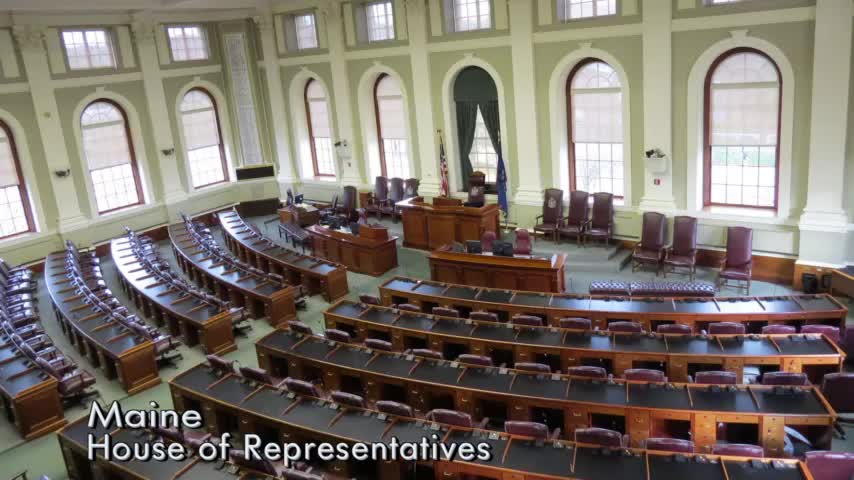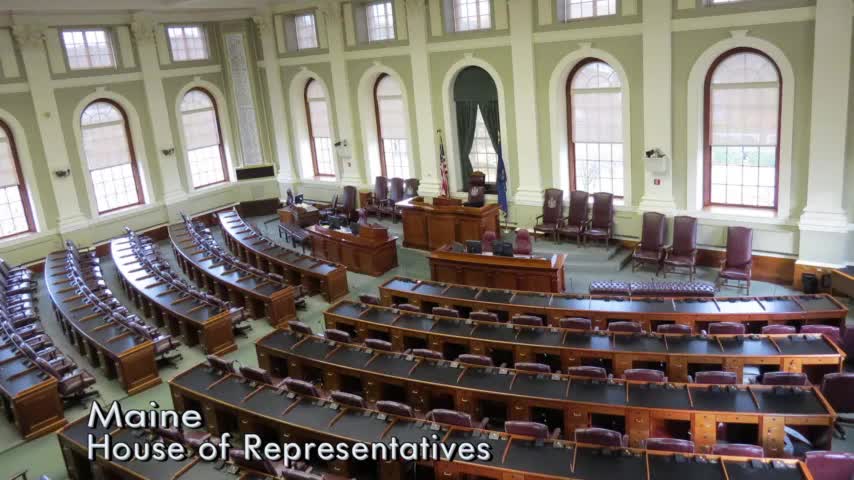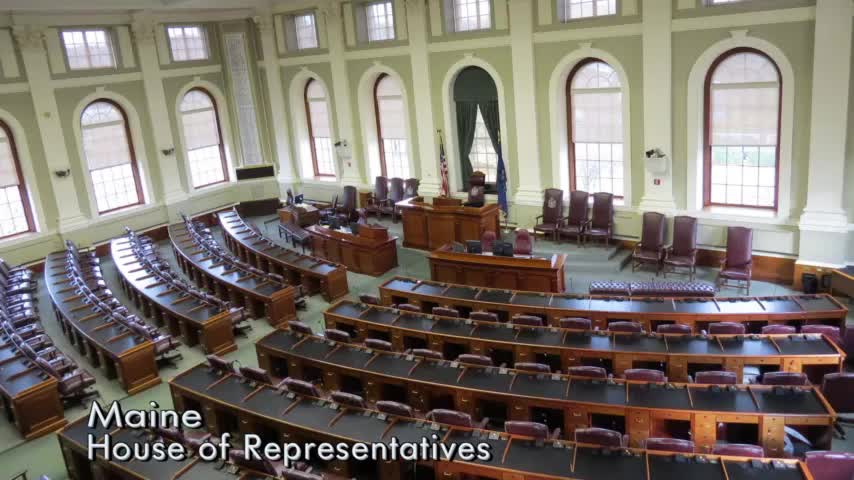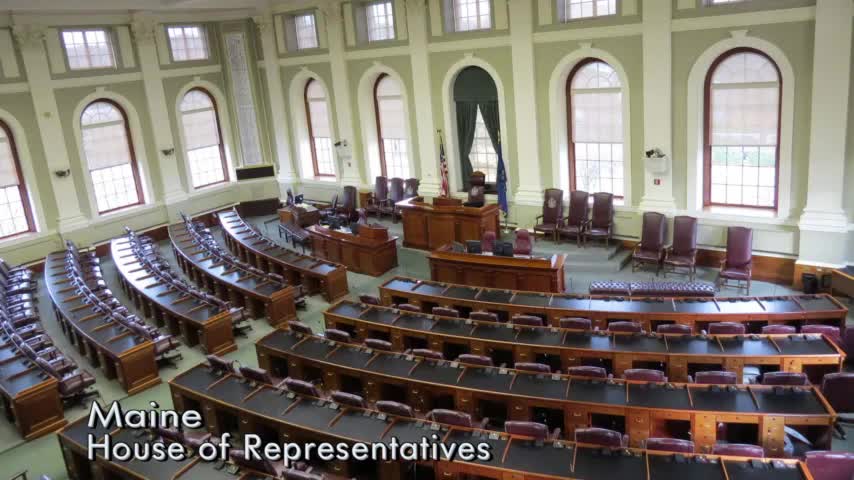Article not found
This article is no longer available. But don't worry—we've gathered other articles that discuss the same topic.

House designates spring peeper state amphibian and wood turtle state reptile

House increases informal bidding threshold to $50,000 for professional A/E services

House approves change to review timeline for Maine Learning Results after divided debate

